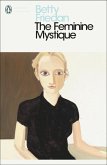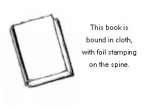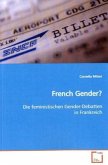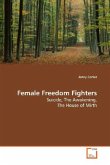Crime stories offer a great opportunity to
observe gender confrontation in the issues of
identifying and interpreting facts, and the
questions of justice and morality. How women and men
interpret actual situations is influenced by their
learned behavioural patterns that subscribe to their
stereotypical roles defined by their social
realities, which inherently generates presumptions
and the imposition of pre-existing patterns on the
other gender. By examining Susan Glaspell s
Trifles,the works of Wilkie Collins and Agatha
Christie, and 21st century adaptations of Miss
Marple, it can be seen, that women and the concept
of trifles are linked in(detective literature. In
these crime stories female and effeminized
characters are associated with definite personal
characteristics, attitudes and behaviour, because of
gendered stereotypes and culturally ascribed roles.
Stereotypical gender differences are comprehensively
presented in these works, and they illustrate the
evolution of the concept of the female detective
triggered by the changes in stereotypical gender
roles.
observe gender confrontation in the issues of
identifying and interpreting facts, and the
questions of justice and morality. How women and men
interpret actual situations is influenced by their
learned behavioural patterns that subscribe to their
stereotypical roles defined by their social
realities, which inherently generates presumptions
and the imposition of pre-existing patterns on the
other gender. By examining Susan Glaspell s
Trifles,the works of Wilkie Collins and Agatha
Christie, and 21st century adaptations of Miss
Marple, it can be seen, that women and the concept
of trifles are linked in(detective literature. In
these crime stories female and effeminized
characters are associated with definite personal
characteristics, attitudes and behaviour, because of
gendered stereotypes and culturally ascribed roles.
Stereotypical gender differences are comprehensively
presented in these works, and they illustrate the
evolution of the concept of the female detective
triggered by the changes in stereotypical gender
roles.




![Bad Feminist [Tenth Anniversary Limited Collector's Edition] Bad Feminist [Tenth Anniversary Limited Collector's Edition]](https://bilder.buecher.de/produkte/69/69792/69792482m.jpg)



